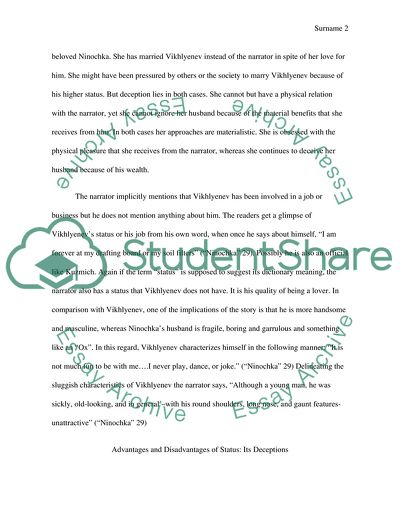Cite this document
(“A Critical Analysis of the Theme of Status in Chekhovs The Confession Essay”, n.d.)
Retrieved from https://studentshare.org/literature/1573488-a-critical-analysis-of-the-theme-of-status-in-chekhovs-the-confession-and-ninochka
Retrieved from https://studentshare.org/literature/1573488-a-critical-analysis-of-the-theme-of-status-in-chekhovs-the-confession-and-ninochka
(A Critical Analysis of the Theme of Status in Chekhovs The Confession Essay)
https://studentshare.org/literature/1573488-a-critical-analysis-of-the-theme-of-status-in-chekhovs-the-confession-and-ninochka.
https://studentshare.org/literature/1573488-a-critical-analysis-of-the-theme-of-status-in-chekhovs-the-confession-and-ninochka.
“A Critical Analysis of the Theme of Status in Chekhovs The Confession Essay”, n.d. https://studentshare.org/literature/1573488-a-critical-analysis-of-the-theme-of-status-in-chekhovs-the-confession-and-ninochka.


